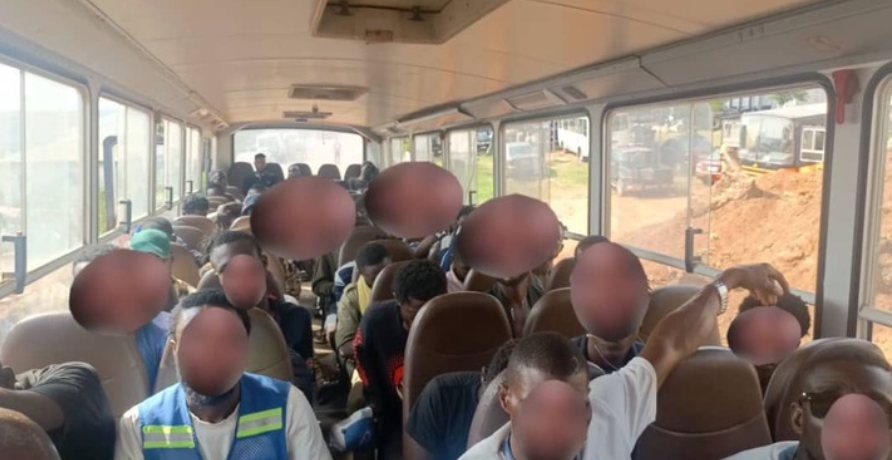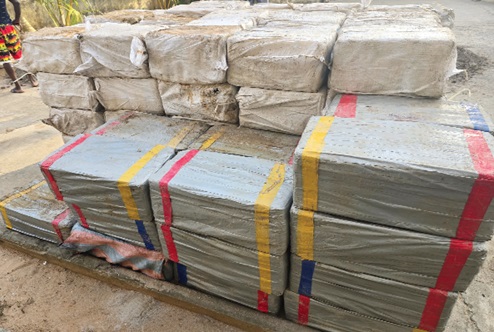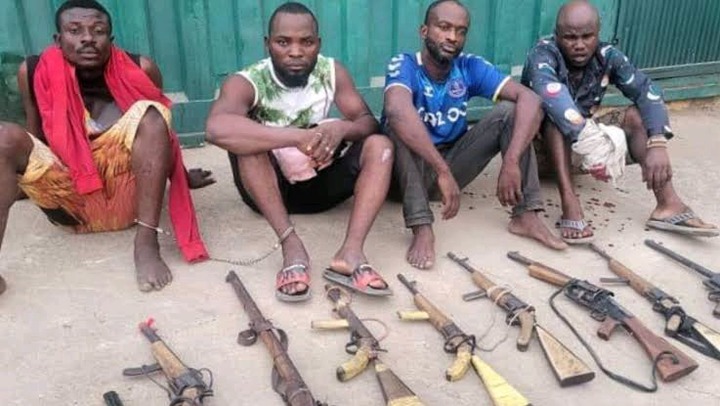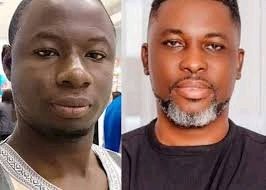
In a blatant crackdown on electoral manipulation, the Ghana Police Service detained 88 individuals on two Metro Mass Transit buses in Benchema, near Asawinso, Western North Region, on Tuesday, December 3, 2024. The mass arrests expose a sinister attempt to undermine the democratic process by infiltrating polling stations with unauthorized personnel.
Preliminary investigations reveal that these individuals were orchestrated by a shadowy figure known only as “Sammy.” Operating from various locales within the Greater Accra Region, including Adenta, Oyarifa, and Madina, Sammy allegedly recruited these 88 people to masquerade as security personnel at polling stations across the Western North Region. This scheme not only threatens the integrity of the elections but also jeopardizes the safety and trust of genuine voters.
The suspects were intercepted mid-journey on Metro Mass Transit buses, raising serious concerns about the methods used to transport and deploy these operatives. As of now, all detainees remain in police custody, cooperating with authorities to dismantle this illicit network. Meanwhile, law enforcement agencies are intensifying efforts to locate and apprehend Sammy, whose involvement could unravel a larger conspiracy aimed at skewing electoral outcomes.
Despite the gravity of the situation, questions loom over the effectiveness of such police operations. While the arrest of 88 individuals is a significant step, skeptics argue that without addressing the root causes and ensuring comprehensive oversight, election fraud may persist unchecked.
Ghana Police Report on X (formerly twitter)
As the investigation unfolds, the public watches closely, demanding accountability and transparency from both the authorities and political factions. The police have pledged to conduct a thorough inquiry and hold all perpetrators accountable, but the community remains wary of potential retaliations and the broader implications for Ghana’s democracy.
Can the authorities truly eradicate electoral manipulation with these arrests, or are they merely scratching the surface of a deeper, more entrenched problem?




